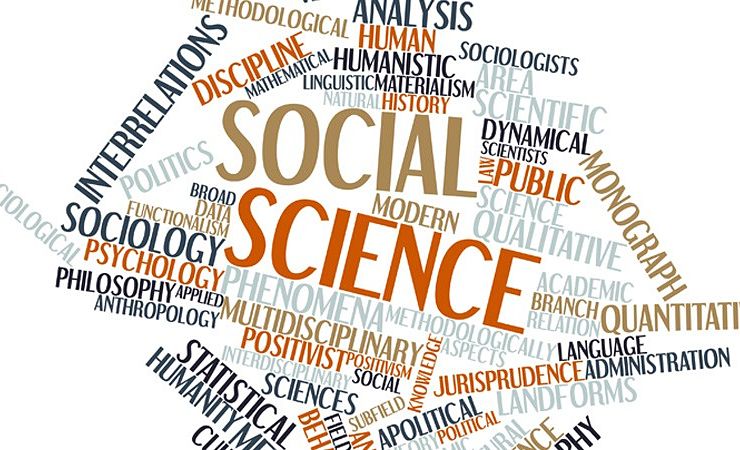Introduction
The social sciences encompass a wide range of disciplines that strive to analyze and comprehend human behavior, societies, and interactions. These disciplines, ranging from psychology and sociology to anthropology and political science, offer invaluable insights into the complexities of human existence. This article explores the fascinating world of social sciences, including their key disciplines, foundational theories, and methodologies, as well as the profound impact they have on our worldview.
I. The Multifaceted Social Science Disciplines
A. Sociological
Social institutions and structure research
B. Psychology: Concepts of Social Stabilization and Inequality
Investigation of human cognition and conduct.
Psychology: Clinical, cognitive, and developmental C. Anthropology
Analysis of cultural variation and evolution
Ethnographic analysis and cross-cultural research
Economics –
Analysis of resource production, distribution, and consumption
Perspectives on microeconomics and macroeconomics
E. Politics and Government
Analysis of government structures and political conduct
II. Foundational Theories in the Social Sciences: International Relations and Comparative Politics
A. Theory of the Social Contract
Origin and evolution of political power
B. Classical Conditioning Influential thinkers like Hobbes, Locke, and Rousseau
Pavlovian learning theory and behaviorism
Relevance in psychology and education
Functionalist structuralalism
The perspective of Emile Durkheim on social cohesion
Institutions’ function and contributions to society
Social Cognition Theories
Influence of Albert Bandura’s theory of observational learning on human behavior and motivation
Methodologies within the Social Sciences
A. Qualitative Study
Exhaustive examination of social phenomena
Interviews, focus groups, and content analysis are examples of techniques.
B. Quantitative Analysis
Analysis of data for patterns and trends using statistics
Surveys, experiments, and conclusions based on data
C. Ethnology
Immersive study of communities and cultures
Social Sciences and Society
IV. Participant observation and ethnographic writing
A. Impact on Government Policy
Evidence-based decision-making Health, education, and welfare policy: societal impact
B. Knowledge of Social Issues
Perspectives on poverty, criminality, and inequity
Through research and analysis, addressing societal challenges
C. Cultural Conservation and Comprehension
Indigenous culture and anthropological research
Increasing awareness of cultural heritage and diversity
V. Contemporary Challenges and Debates
A. Innovation and Social Change
Digitalization and social media’s influence
Privacy, cybersecurity, and virtual communities
B. Globalization and Individualism
Assimilation of cultures and hybrid identities
Nationalism, multiculturalism, and cosmopolitanism
C. Ecological Sociology
Interaction between human societies and the natural world
Sustainability, climate change, and the management of resources
Interdisciplinary Methodologies
A. Socioeconomics and Health
Psychological aspects of health and happiness
Policies and behavioral interventions for public health
B. Socioeconomic Progress
In development studies, economics, sociology, and political science are studied.
Human rights, poverty alleviation, and social justice
Political Psychological
Comprehending political conduct and choice-making
Psychology’s impact on voting patterns and ideologies
VII. Prospects for the Social Sciences
A. Developments in Technology
Big data and social computational sciences
Considerations of ethics in technology-driven research
B. Neuroscientific Studies
Examining the function of the brain in social interactions
Neuroscience and social behavior investigations
C. Cultural Development
Psychological evolution and cultural transmission
Examining cultural transformation and adaptation over time
Conclusion
The social sciences provide a multidimensional lens for understanding the complexities of human behavior, societies, and the global community. The social sciences provide a rich tapestry of knowledge, ranging from the foundational theories that influence our understanding to the various methods of analysis used. As our world continues to change, the contributions of the social sciences will continue to be essential for navigating the complexities of society, fostering progress, and nurturing a deeper understanding of the human experience.





